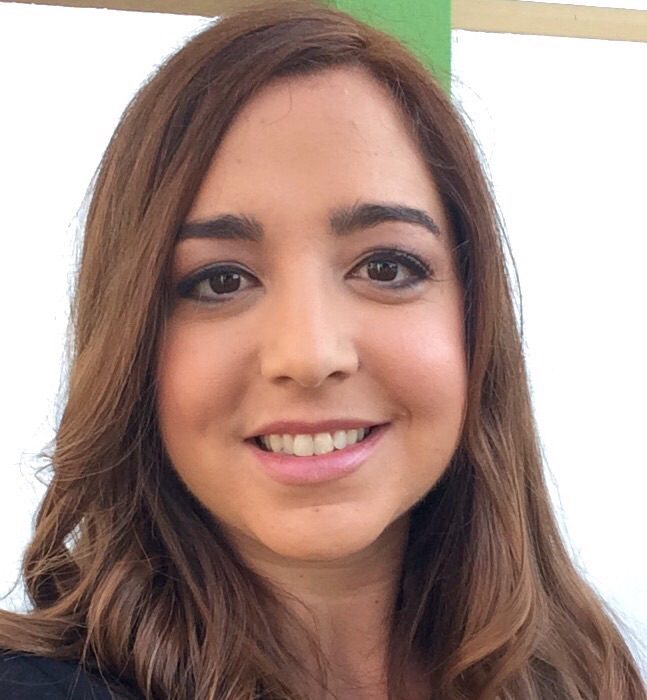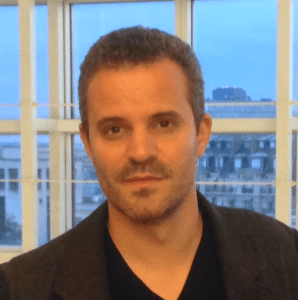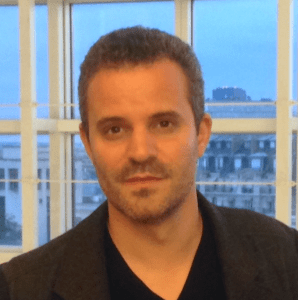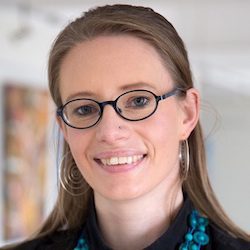Science diplomacy is described as ‘the use of scientific collaborations among nations to address the common problems facing 21st century humanity and to build constructive international partnerships’ (Fedoroff, 2009).
It can build bridges between communities and nations and raise the profile of science in foreign policy to address pressing international and global challenges – such as climate change, diminishing biodiversity, and global pandemics. It is not a new phenomenon, but with the establishment of the Center for Science Diplomacy at the American Association for the Advancement of Science (AAAS) in 2008, it has gained prominence.
A helpful approach to make sense of science diplomacy (AAAS and Royal Society, 2010) is the distinction between:
- ‘Science in diplomacy’ – the use of scientific advice for foreign policy decision-making
- ‘Diplomacy for science’ – the facilitation of scientific and technical co-operation through the work of diplomats
- ‘Science for diplomacy’ – the promotion of a more peaceful world through scientific co-operation
Without a doubt, science diplomacy will be growing in importance and it can contribute to both better foreign policy and more peaceful international relations. However, we need to wonder how to best prepare the next generation of diplomats for this important aspect of diplomatic practice.
Hence, in this WebDebate we will be asking the following questions:
- What is science diplomacy?
- Why does it matter for diplomats and the next generation of diplomats in particular?
- What training and capacity development options are there?
- What should be included in training and capacity development for science diplomacy?
Our Speakers


Join us online on 7 May at 11:00 UTC / 13:00 CEST. Register to attend this event.






